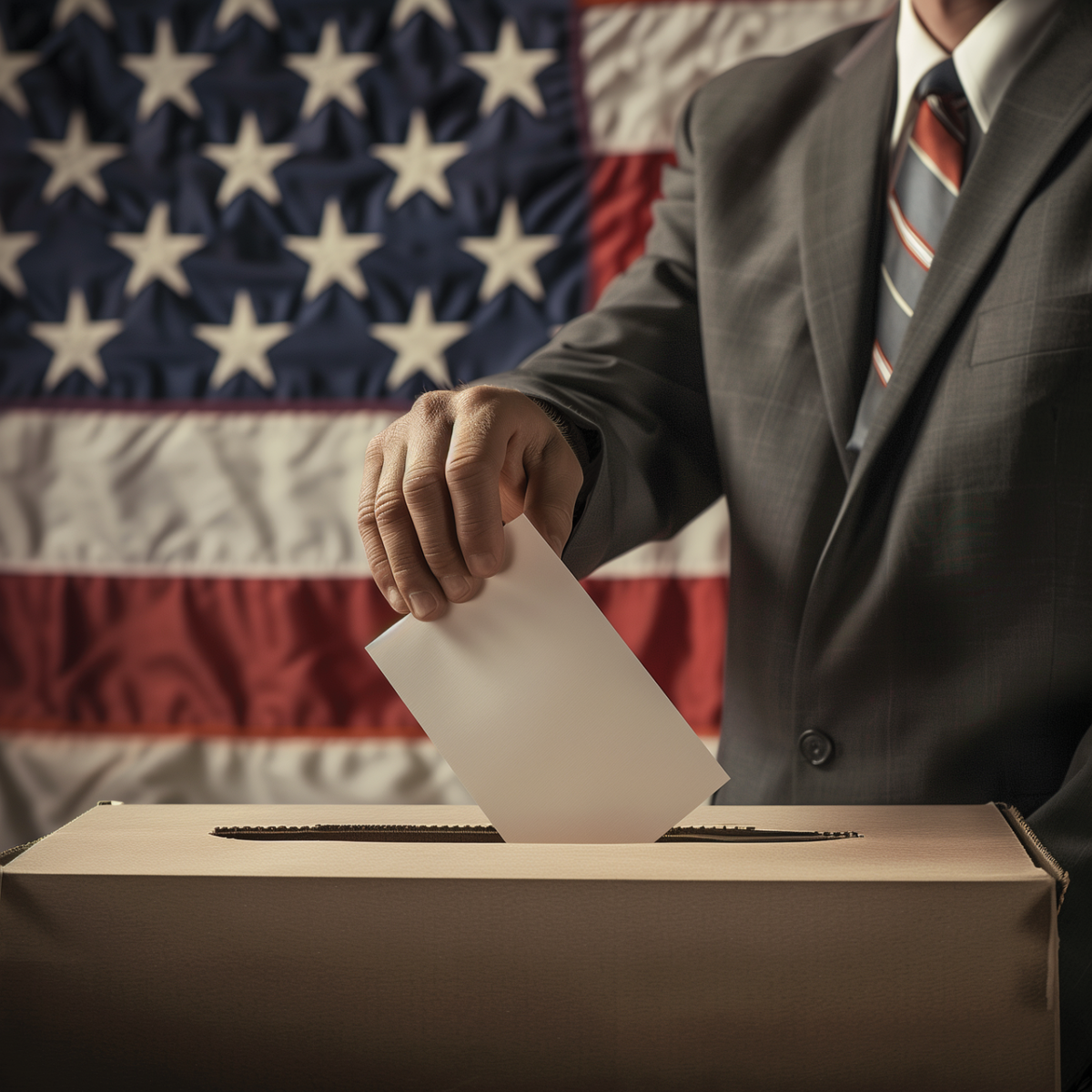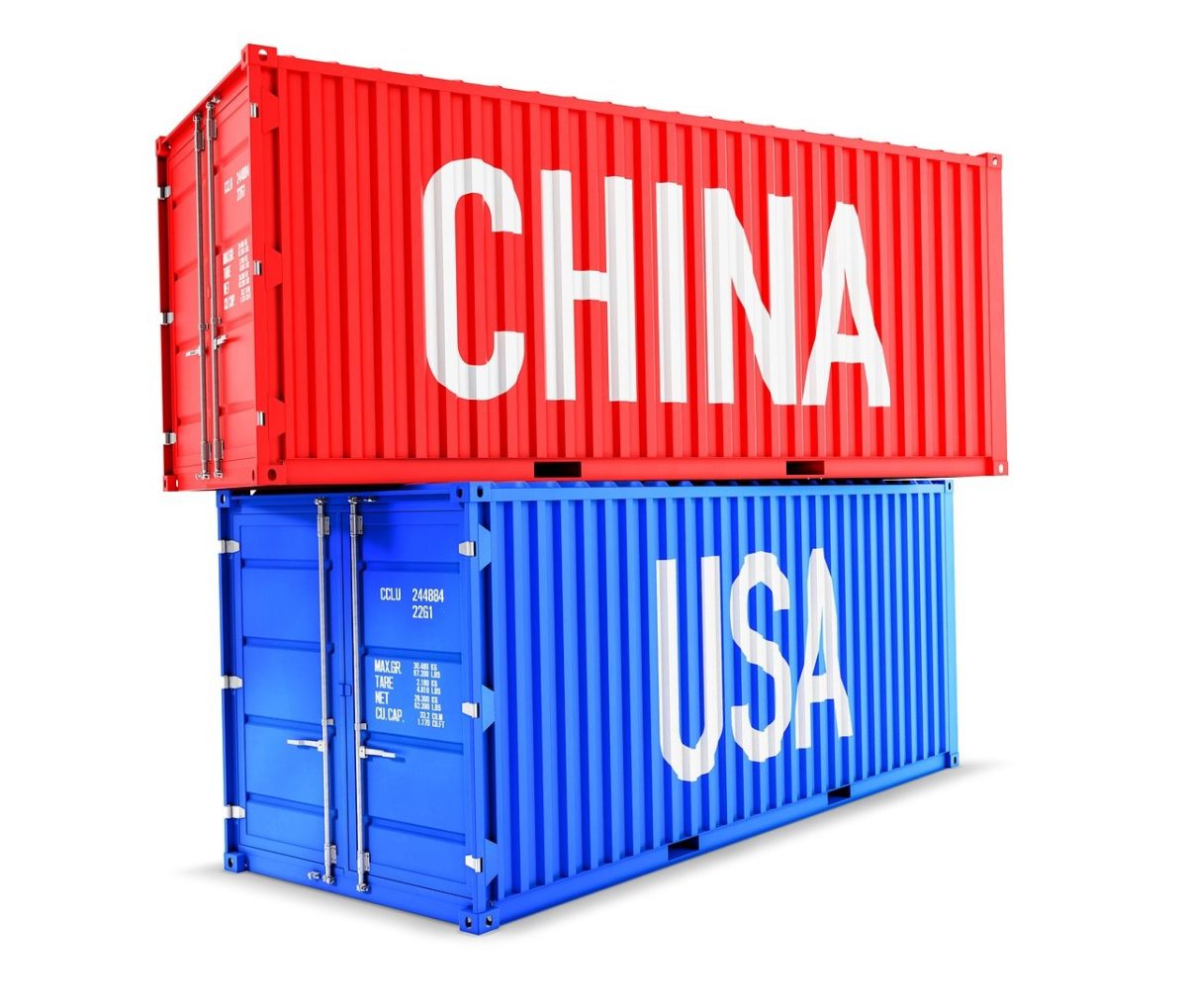We examine four episodes where statecraft became applied psychology: the United Kingdom mollifying Donald Trump to secure a swift trade accord; Canada’s Mark Carney firm yet conciliatory approach to Canadian-US relations; the conclave’s election of Pope Leo XIV, a median figure within the Church; and India’s calibrated media roll-out after strikes in Pakistan. Across these cases, firmness & aggression is mixed with civility, deploying symbolism, messenger selection, and careful narrative framing to steward egos and restrain escalation.
Continue reading “The Hard-Soft Equation: Optics, Power, and Pragmatism”Tag: United States
The Trump-Vance Ticket — populist economics to the fore : situation update
Summary
- The selection of JD Vance as Donald Trump’s vice-presidential nominee signals a potential shift or reinforcement of certain economic and trade policies.
- Vance, known for his populist stances and advocacy for the working class, aligns closely with many of Trump’s economic viewpoints.
- This partnership likely suggests a future direction characterised by protectionist trade policies and a focus on reviving American manufacturing.
- It indicates a strong desire among the electorate for policies that reclaim economic sovereignty, which is also reflected by the overlap between populist right and left economic policies
Chinese electric vehicles & soft power: situation update
Summary
- Tariff Increase: The Biden administration is set to increase tariffs on Chinese electric vehicles (EVs) from 25% to potentially 100%, significantly raising the cost of Chinese EVs in the US market.
- Geopolitical Strategy: This move aims to curtail China’s dominance in the global EV market and protect the nascent US clean energy sector from a flood of subsidised Chinese imports.
- Domestic Industrial Policy: The tariffs are part of Biden’s broader strategy to boost American manufacturing, specifically in the EV and clean energy sectors, to ensure national security and economic growth.
- Labour and Employment: The tariff policy is designed to support American jobs, particularly in the auto industry, resonating with labour unions and blue-collar workers in key battleground states.
- Electoral Strategy: With the 2024 presidential election approaching, Biden’s move to raise tariffs helps distinguish his trade policy from that of former President Trump, who has also advocated for high tariffs on Chinese goods.


